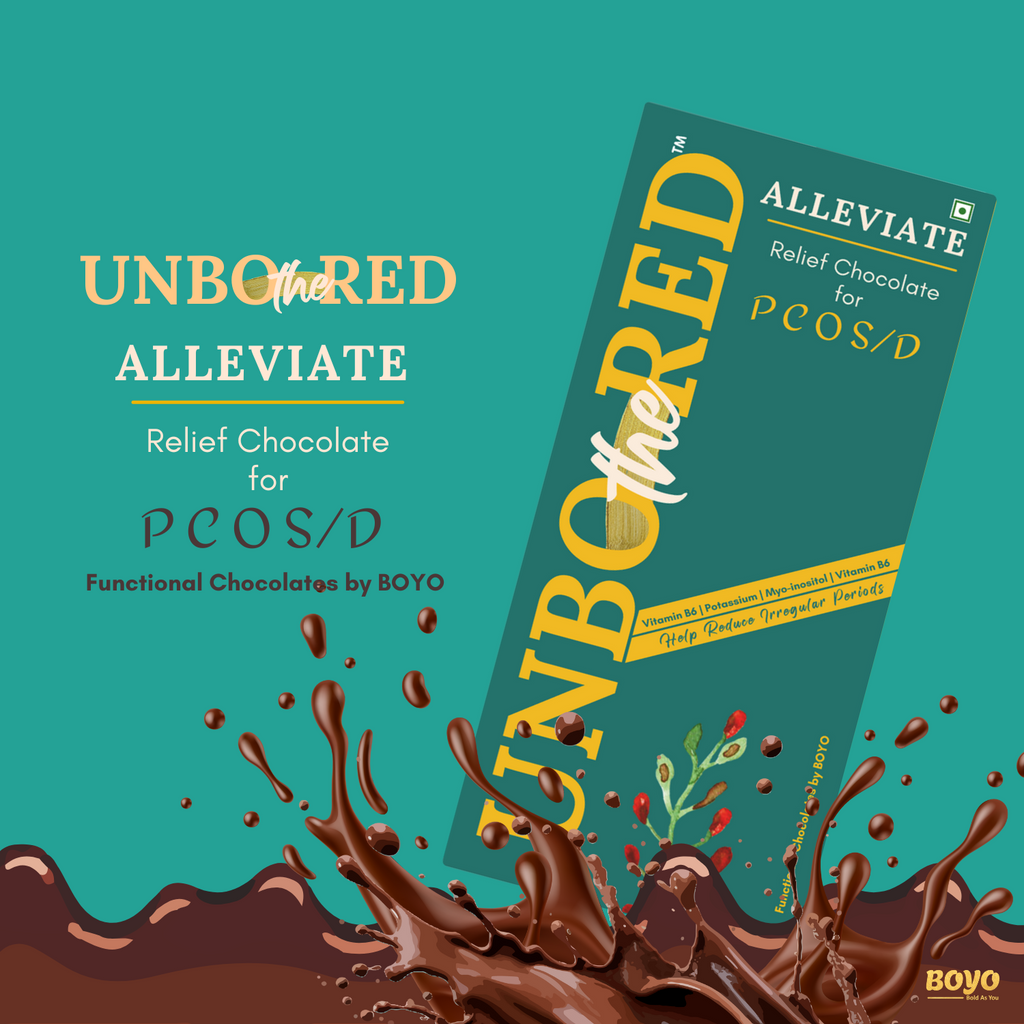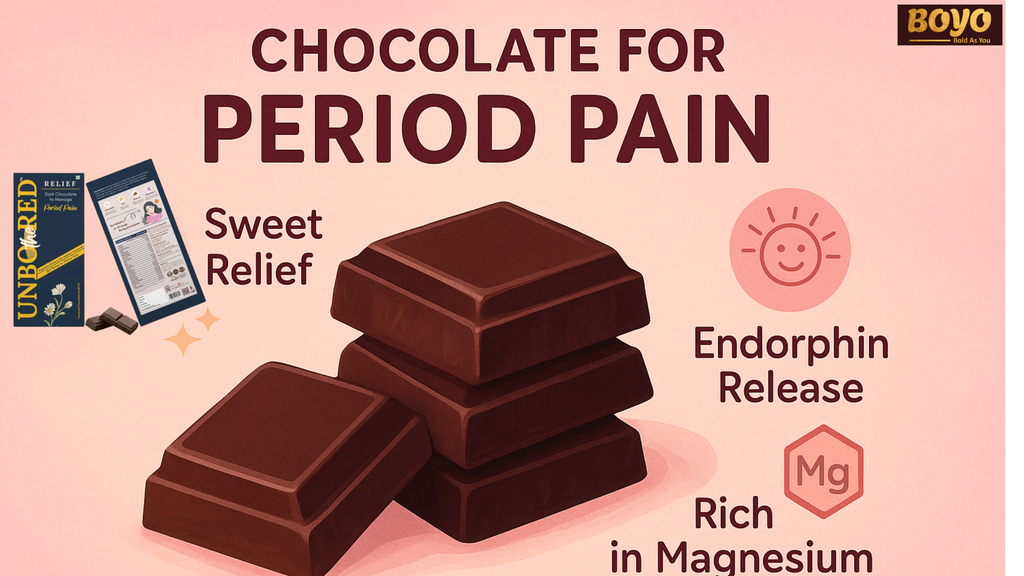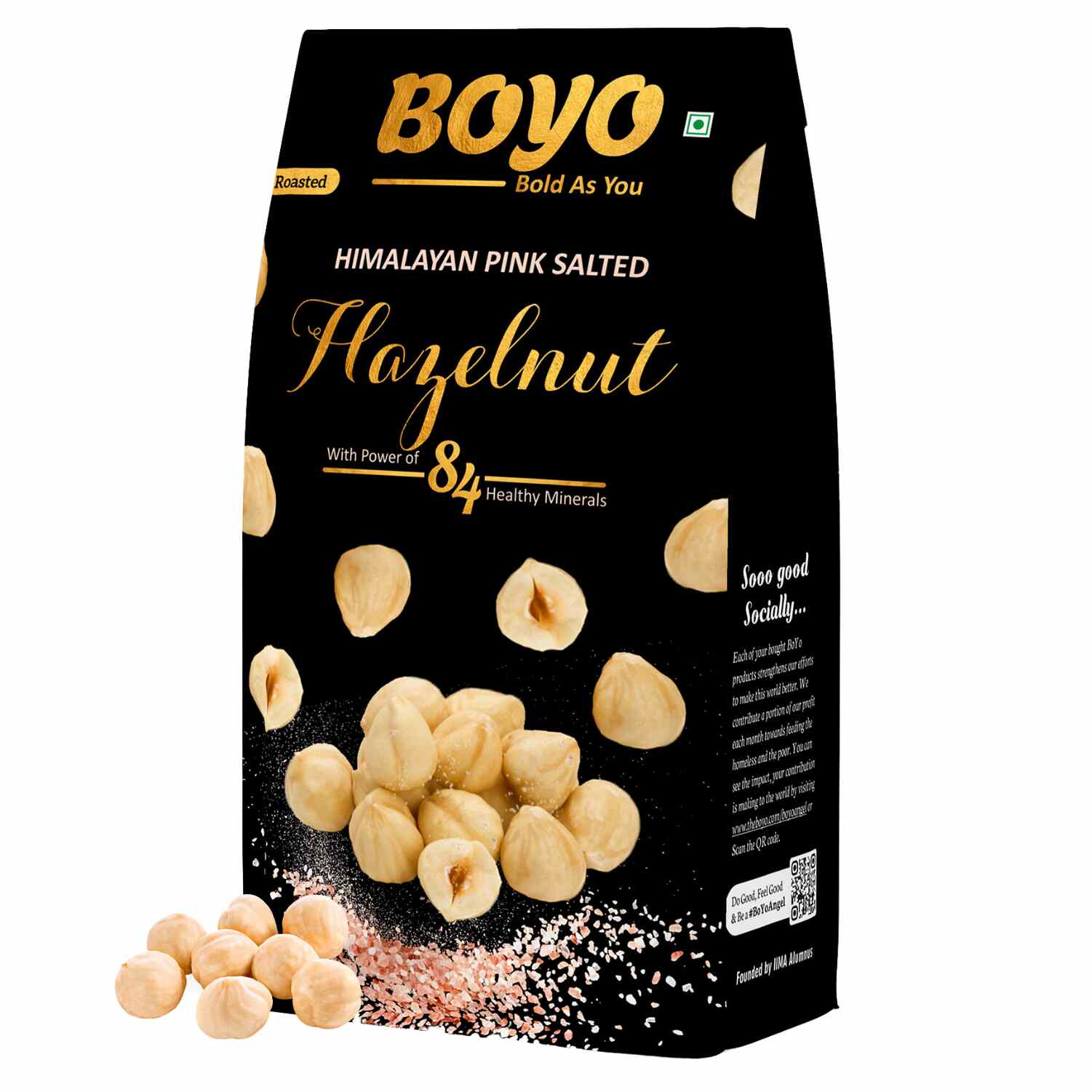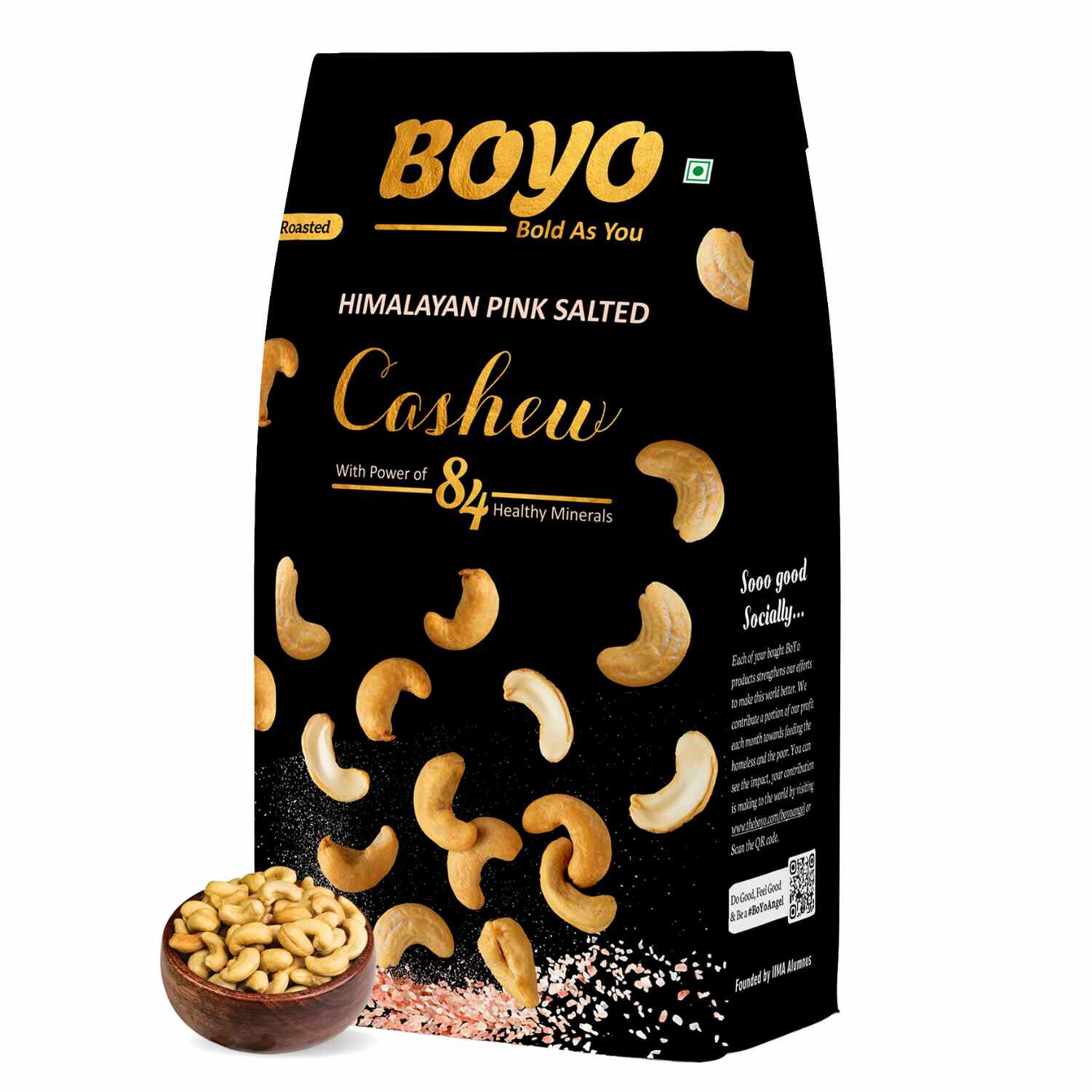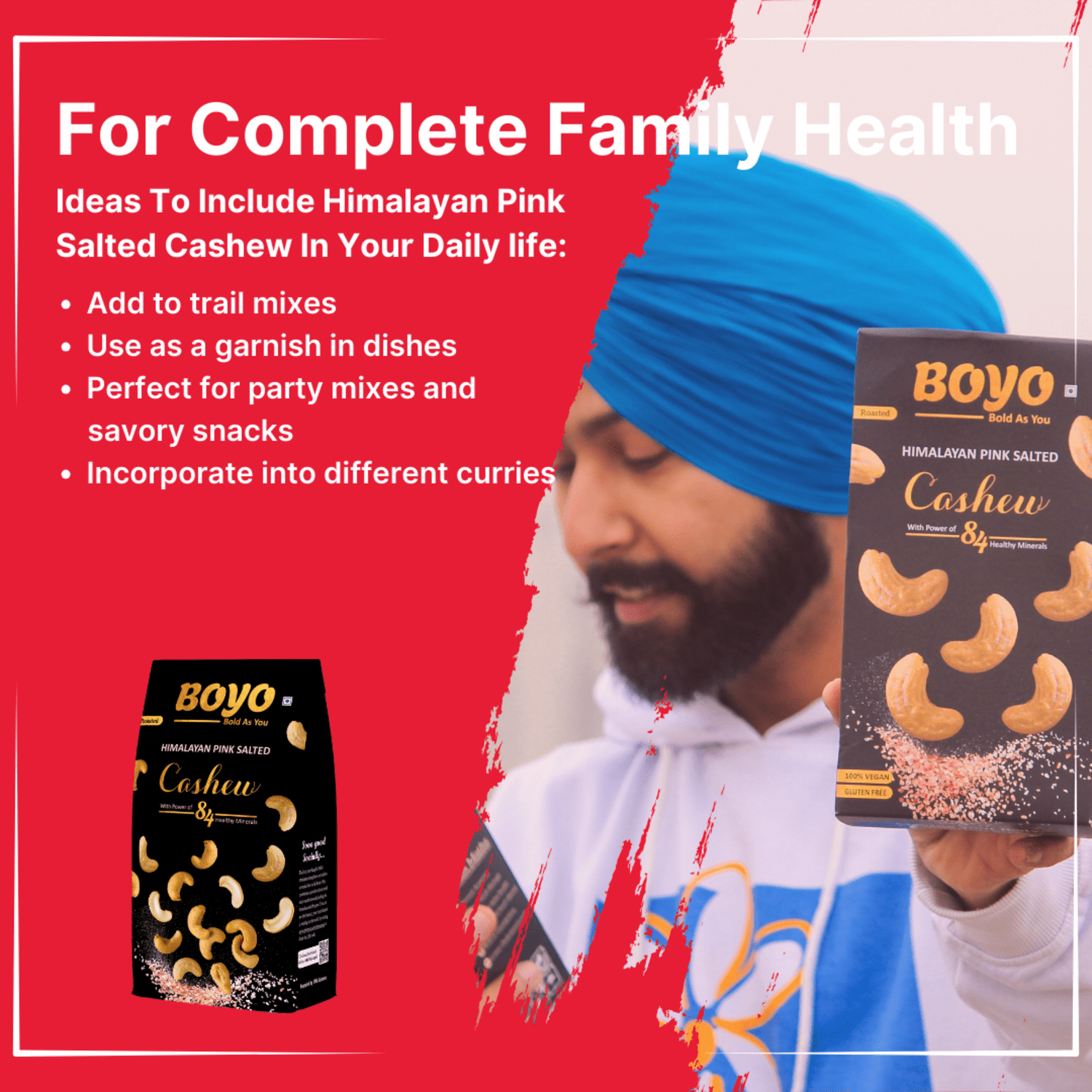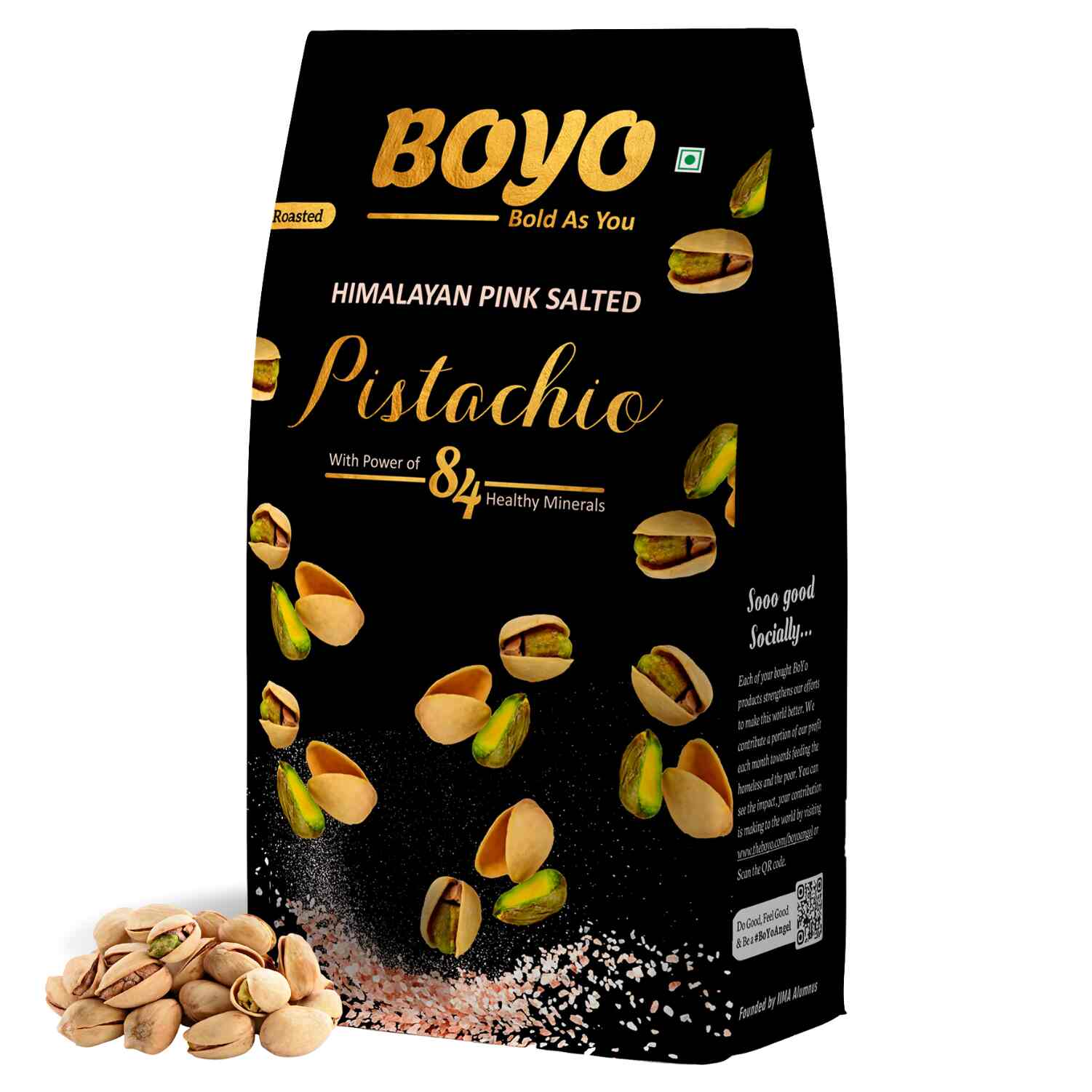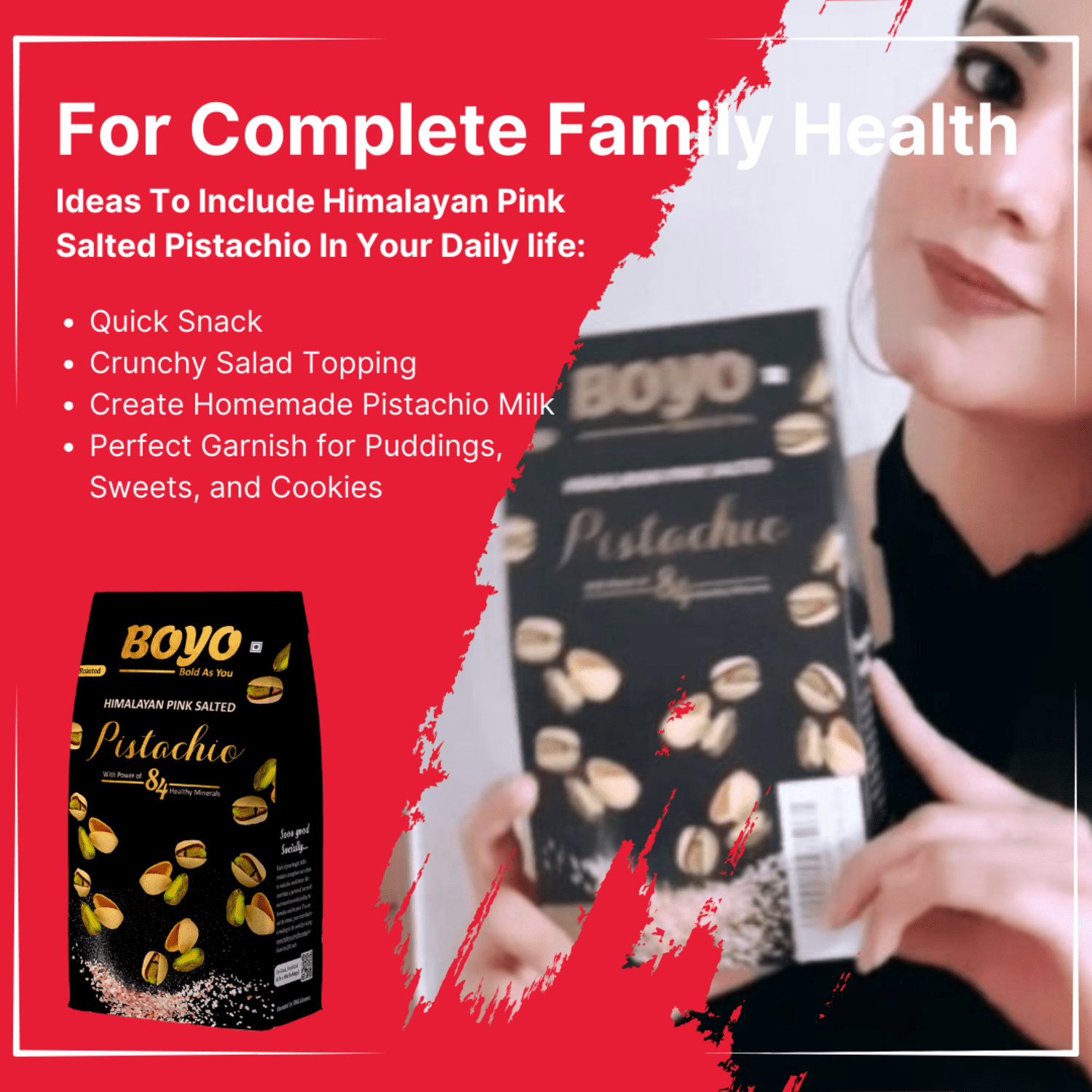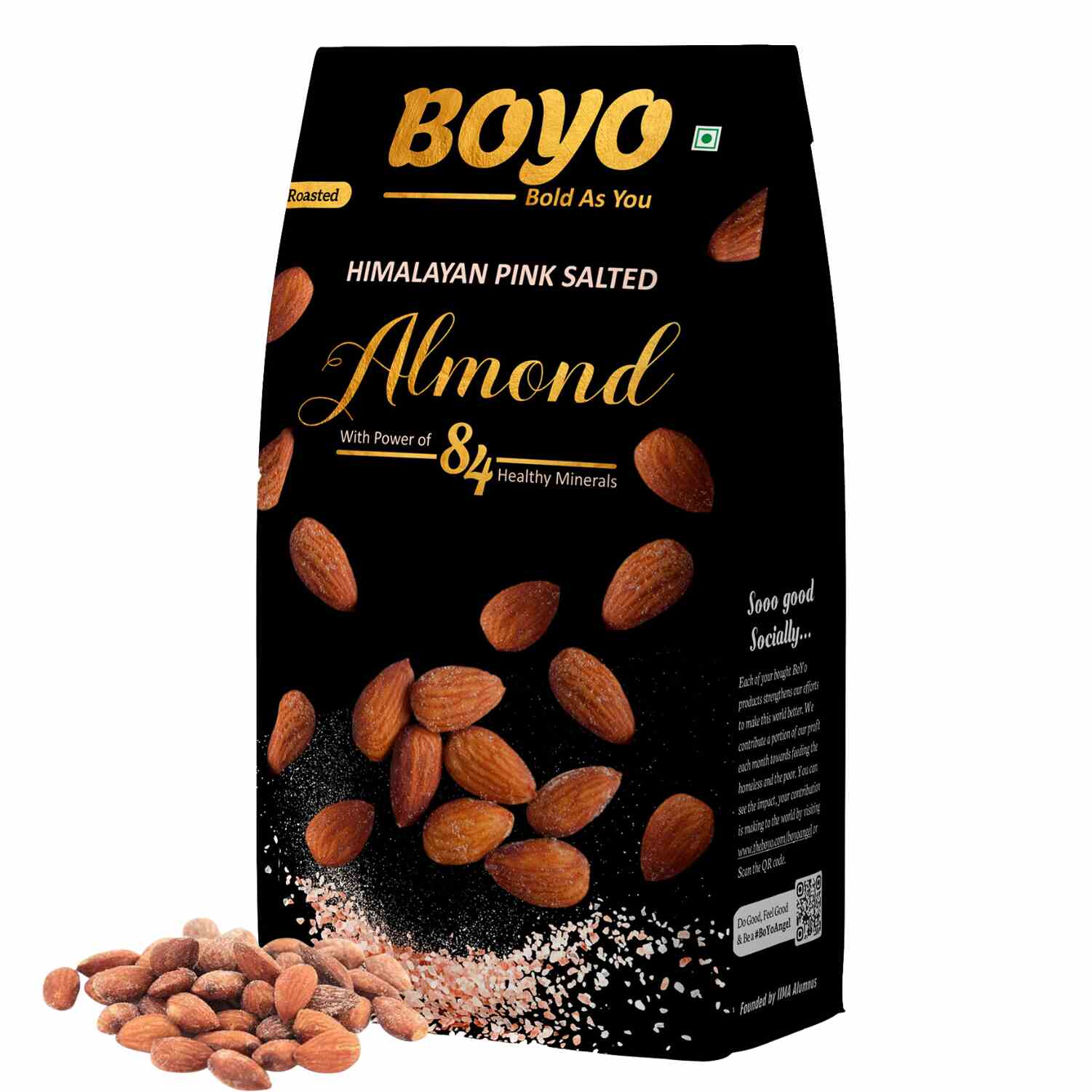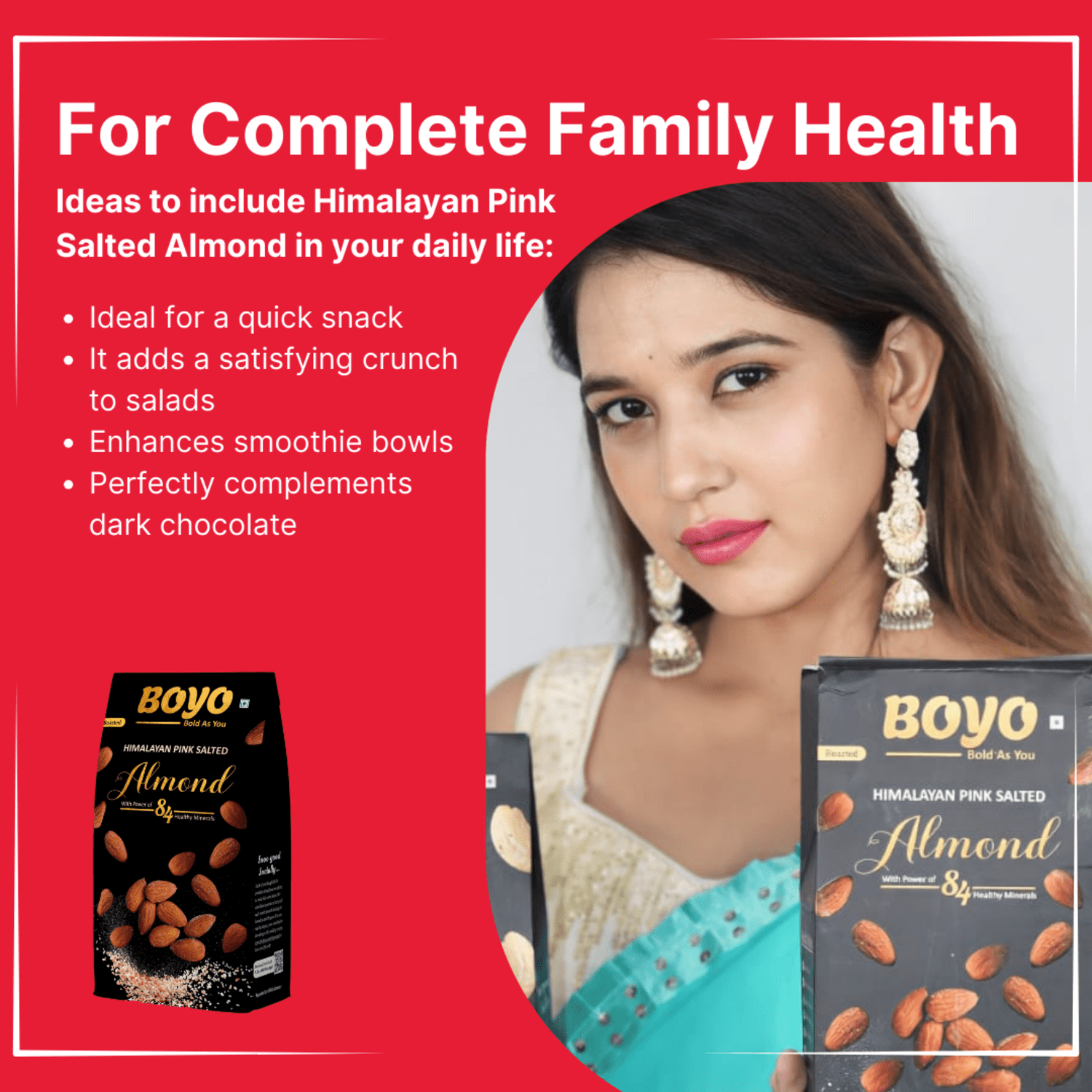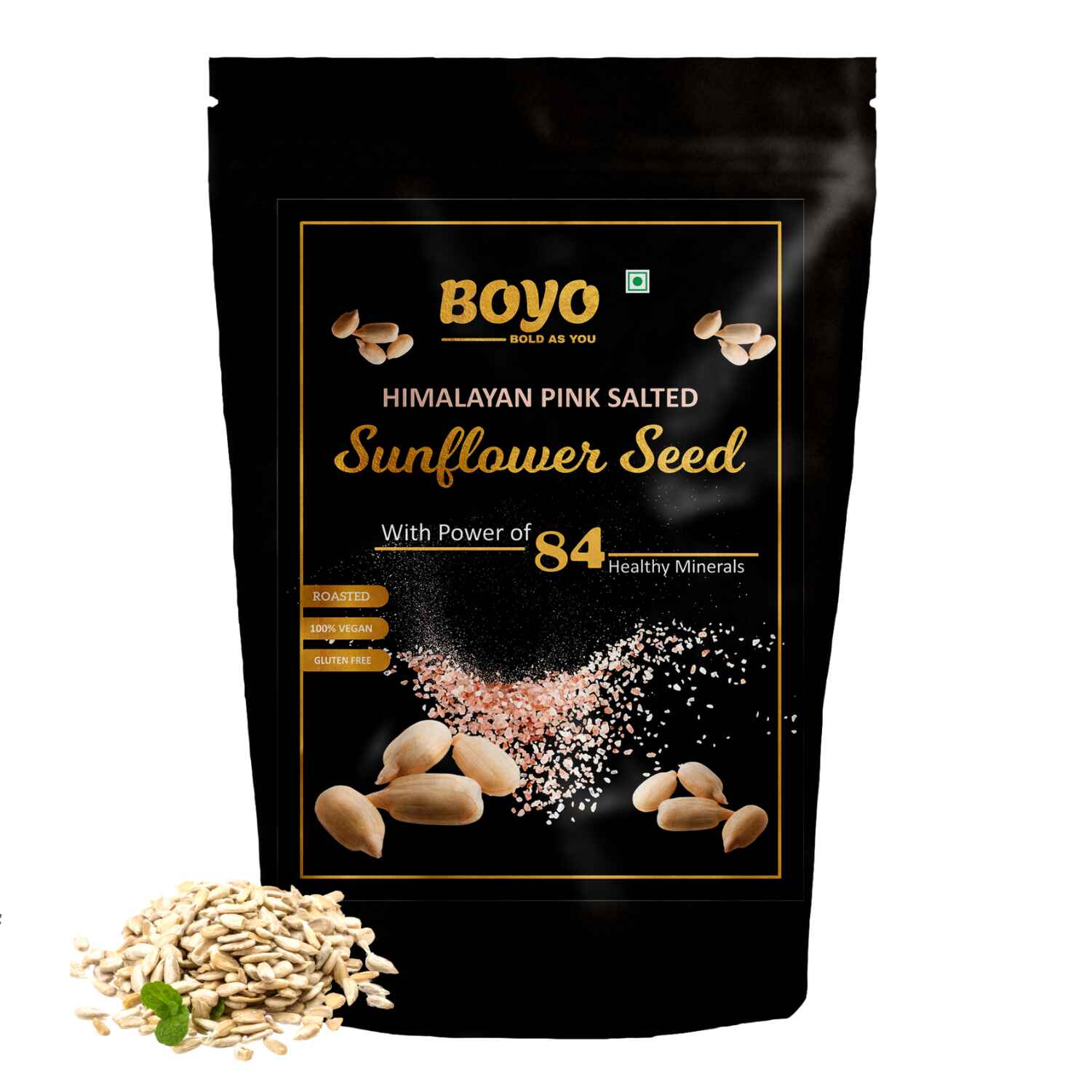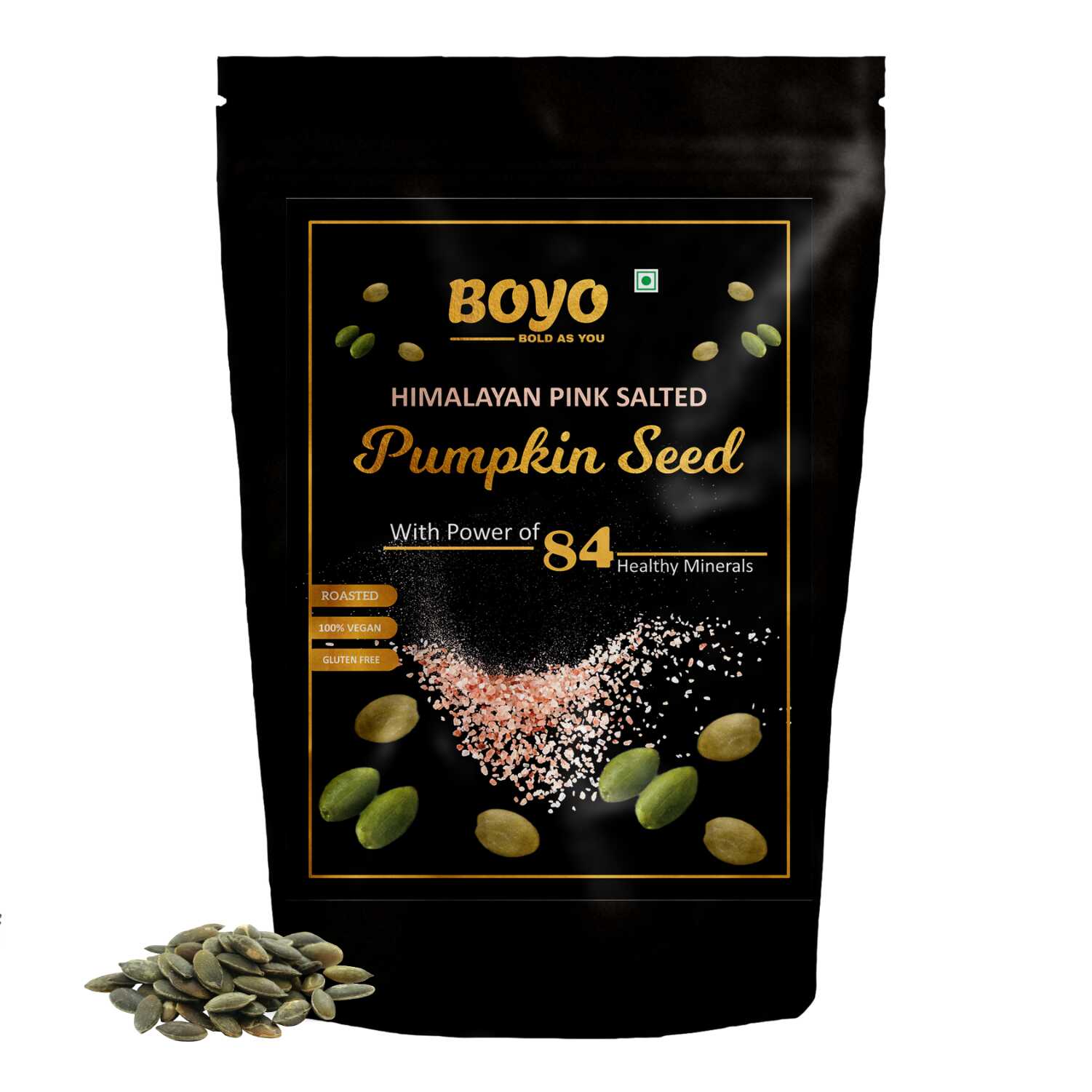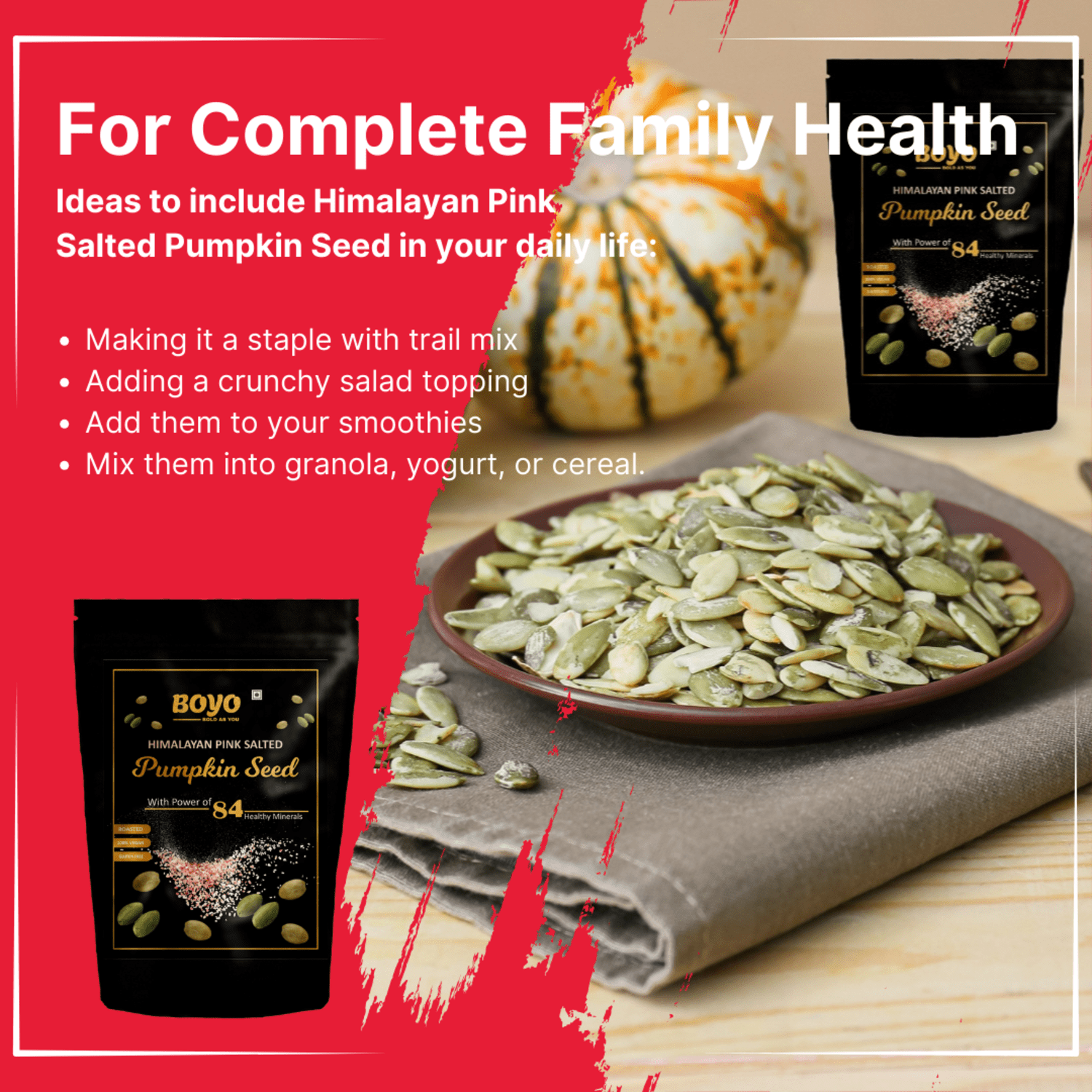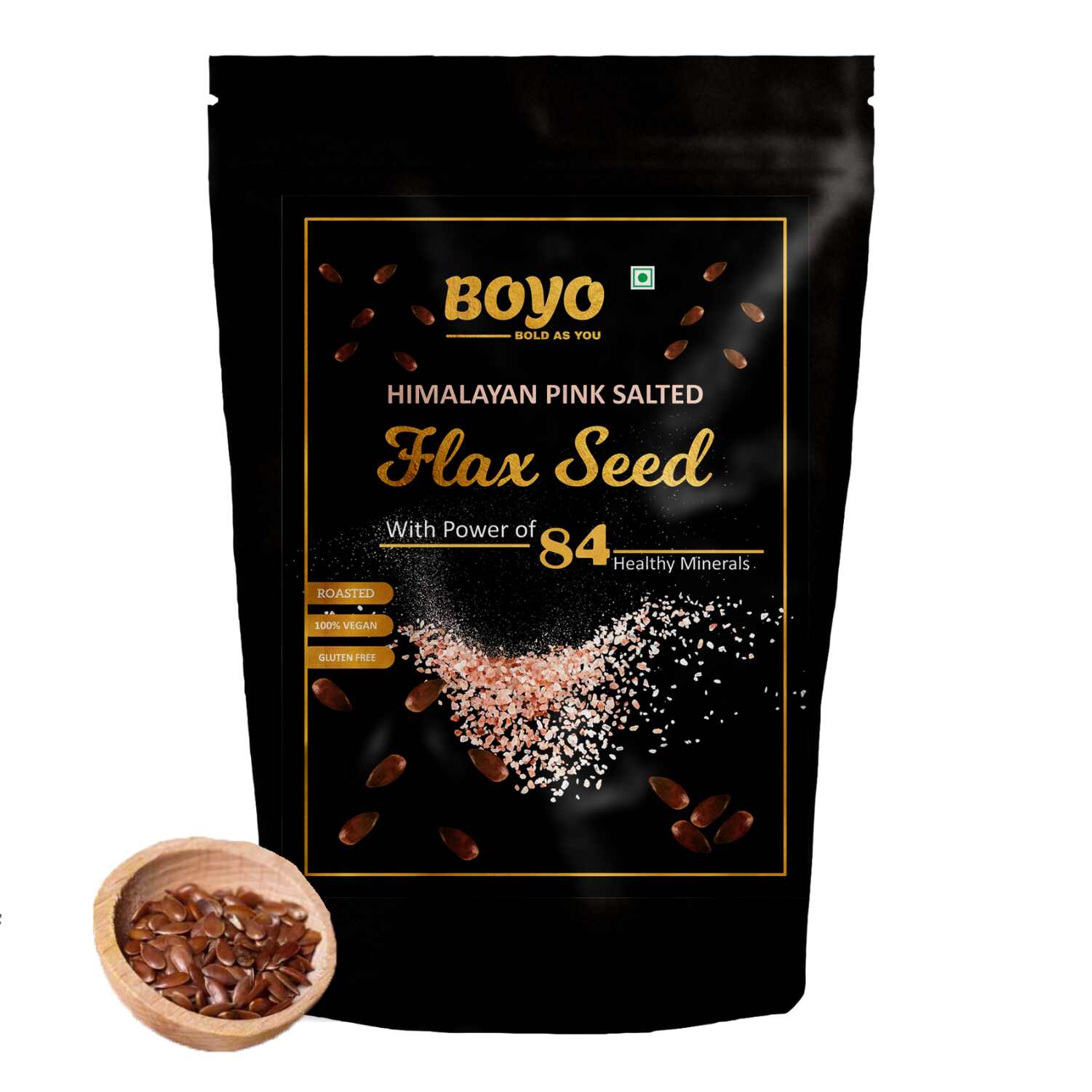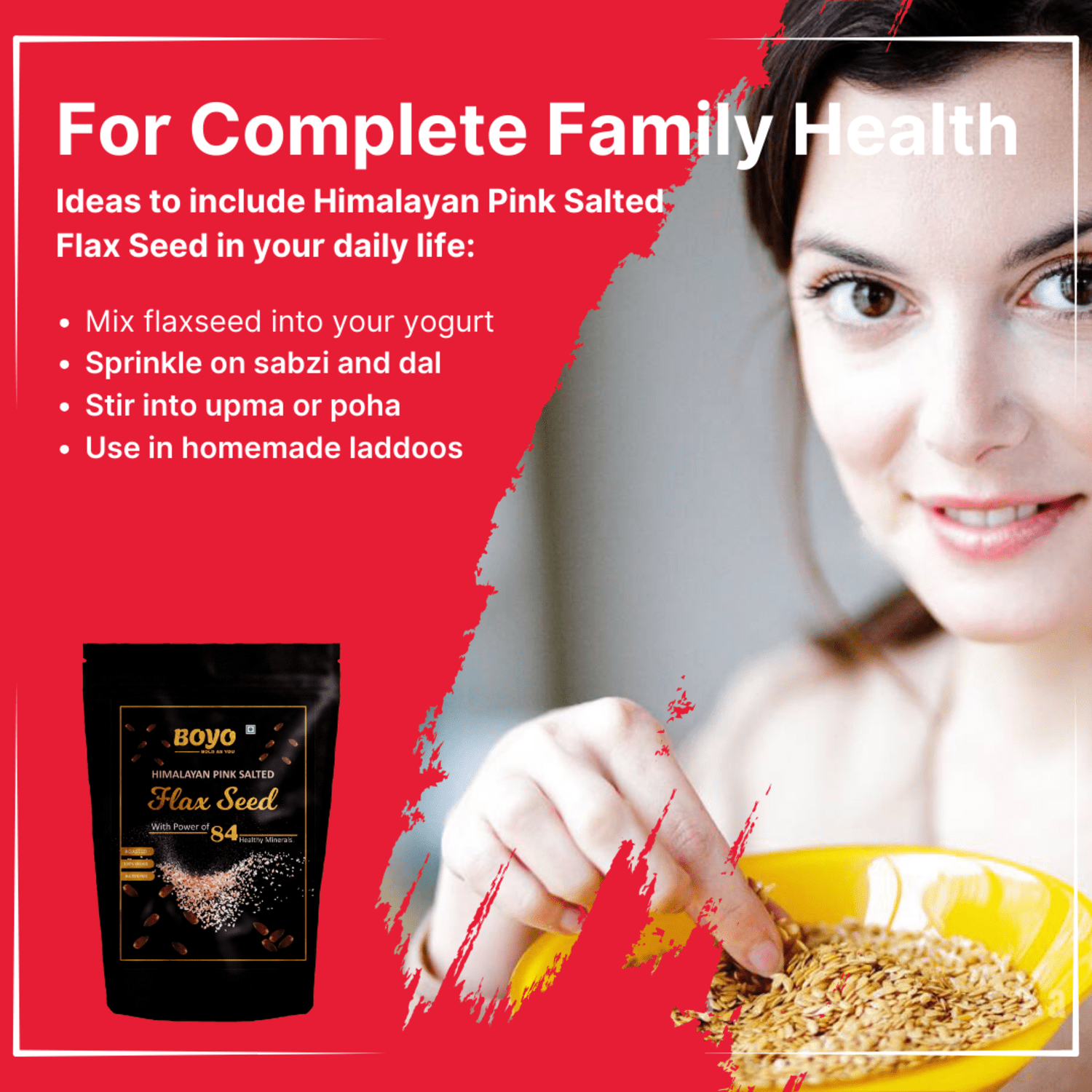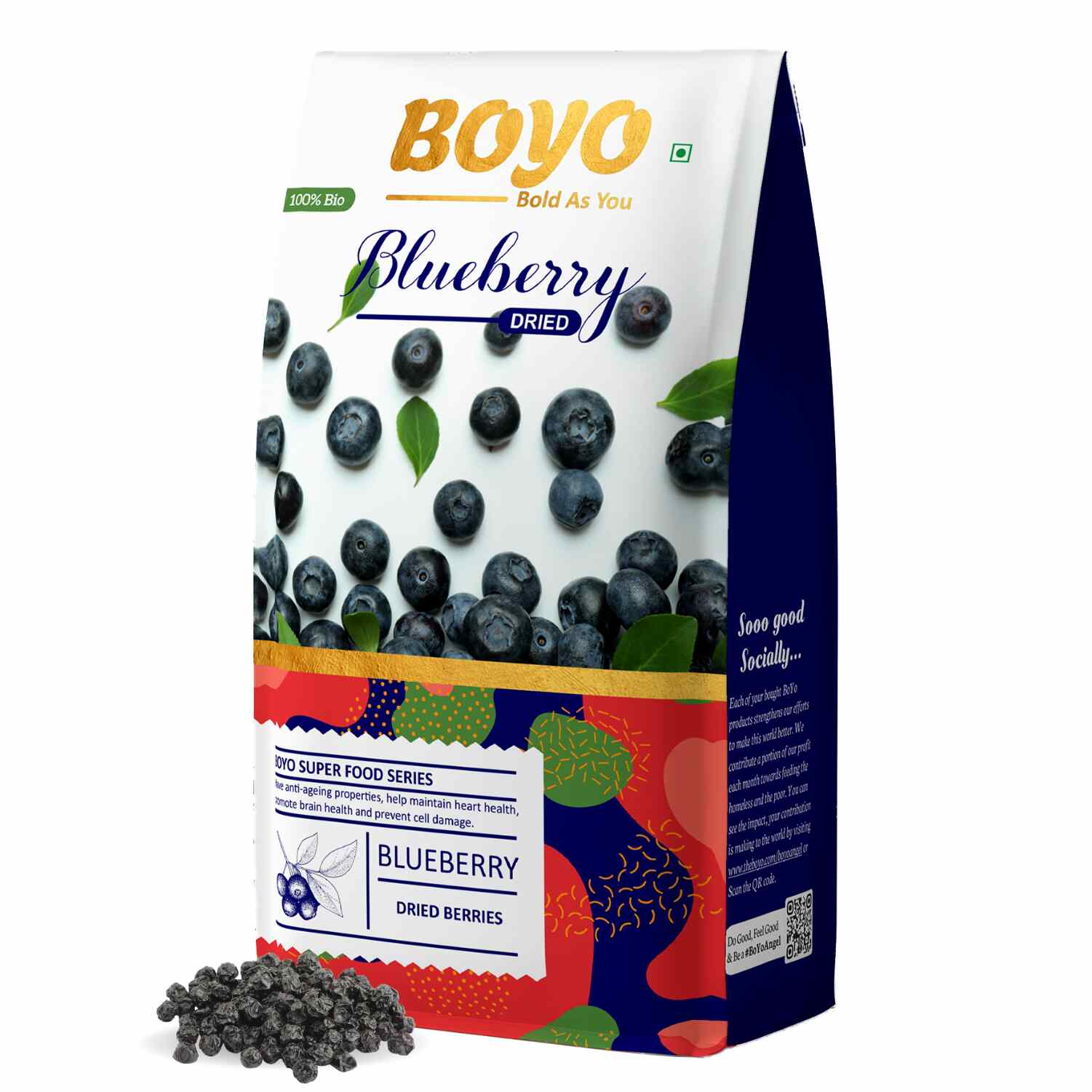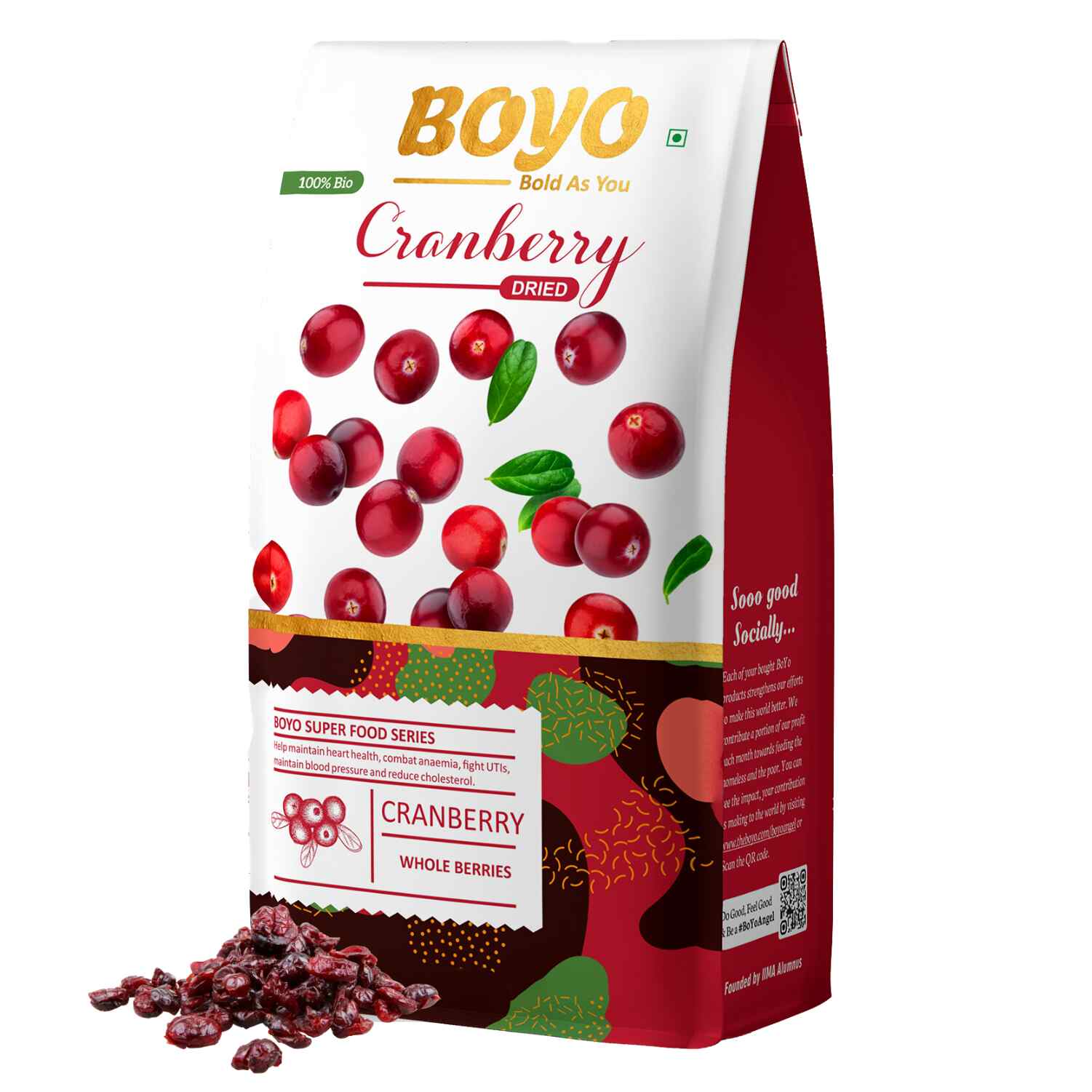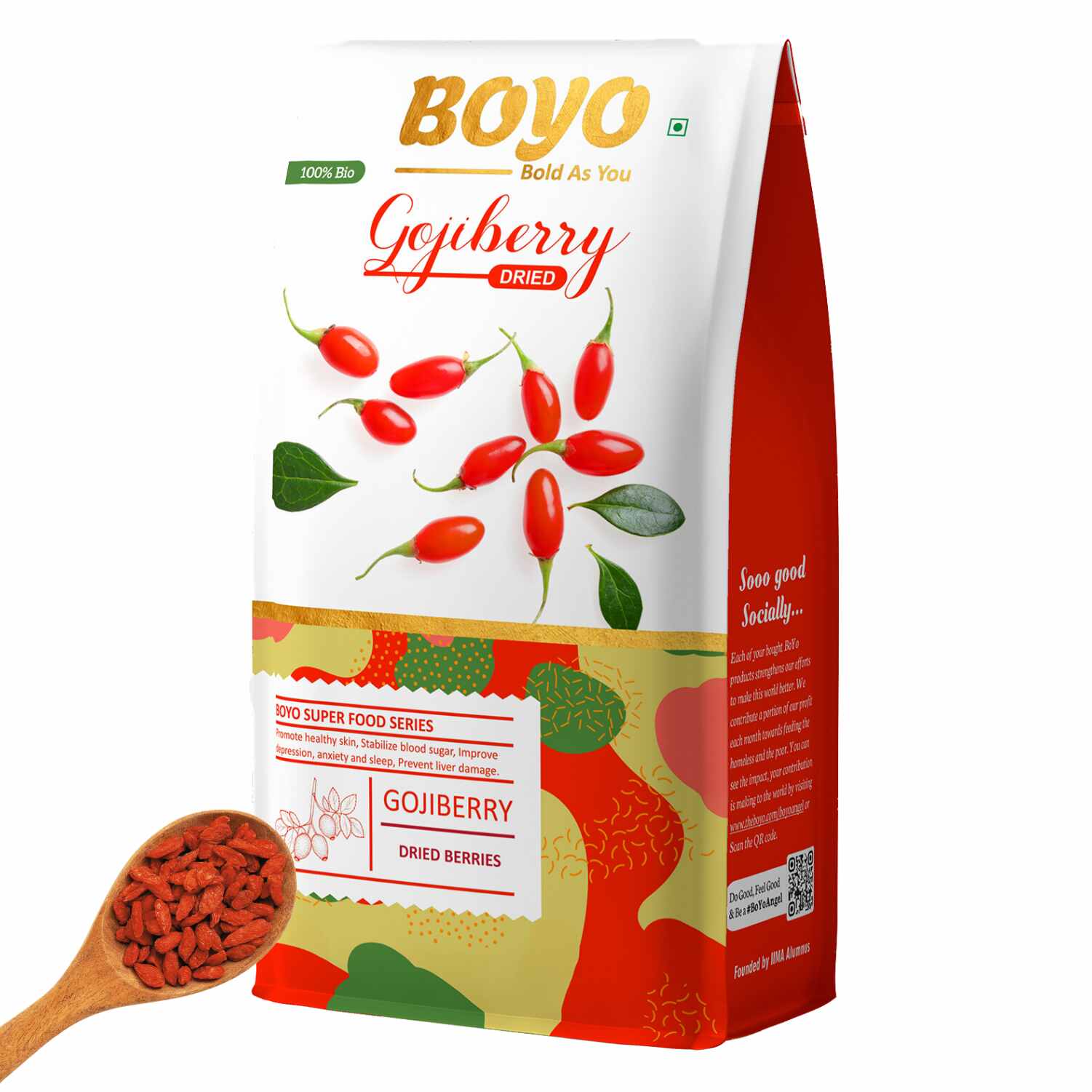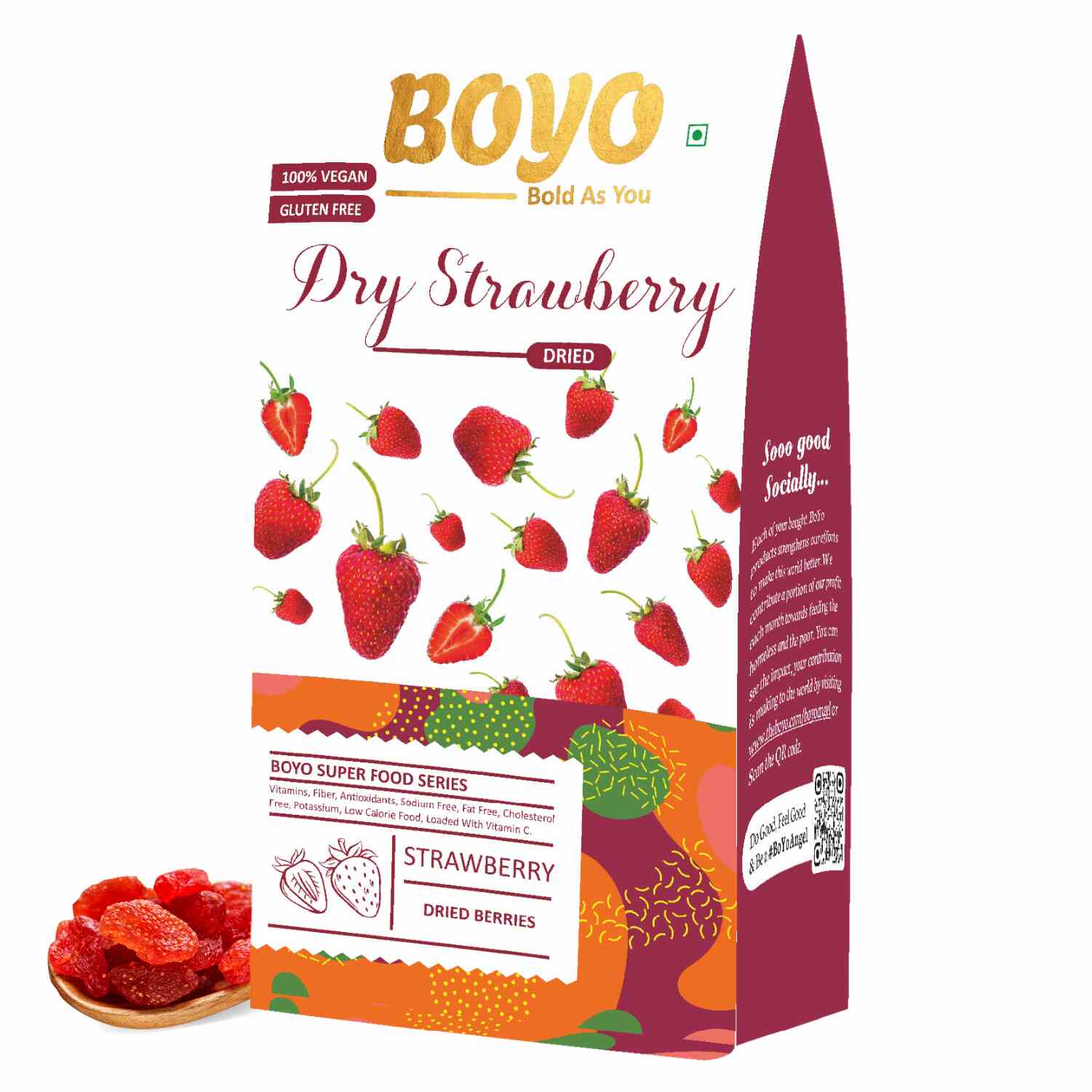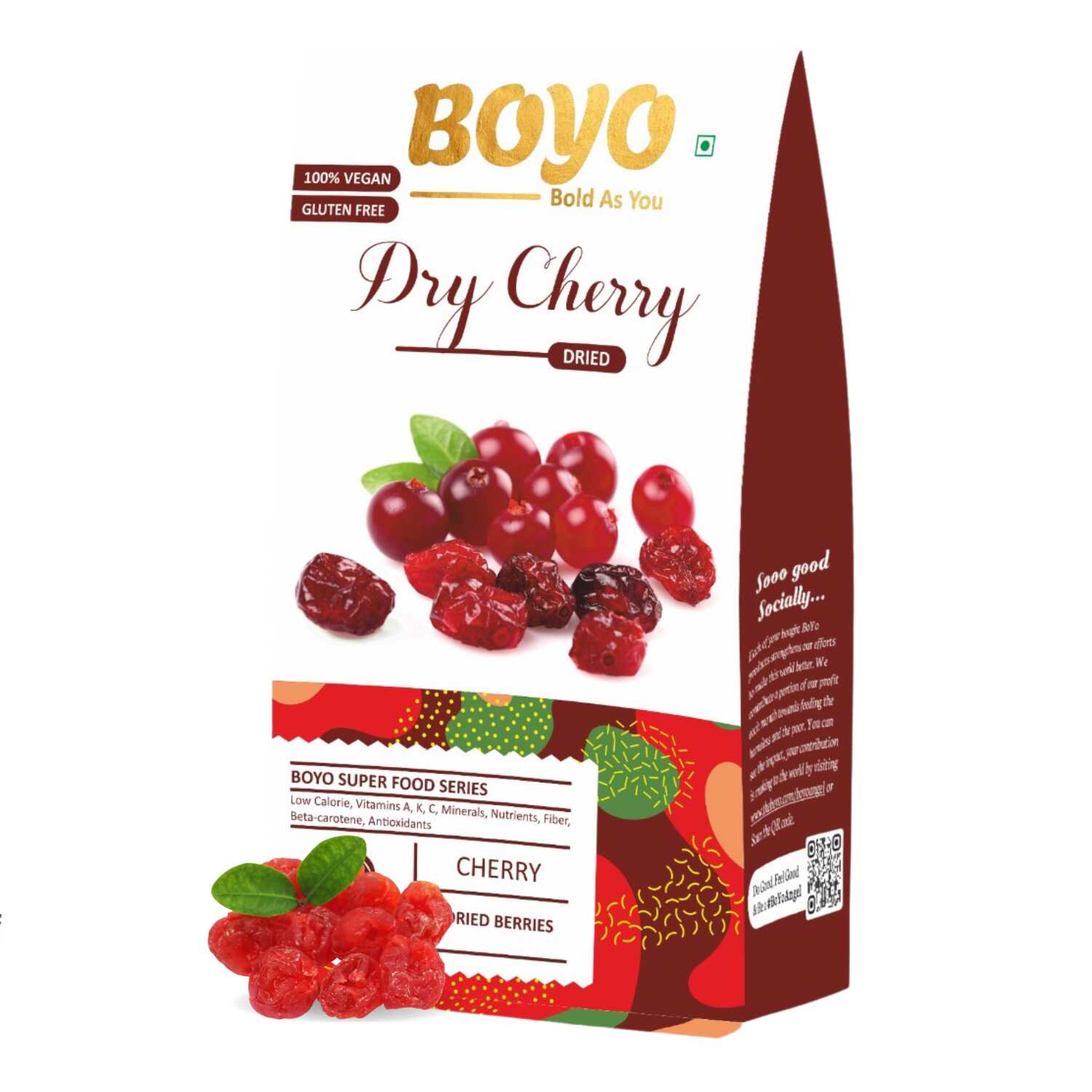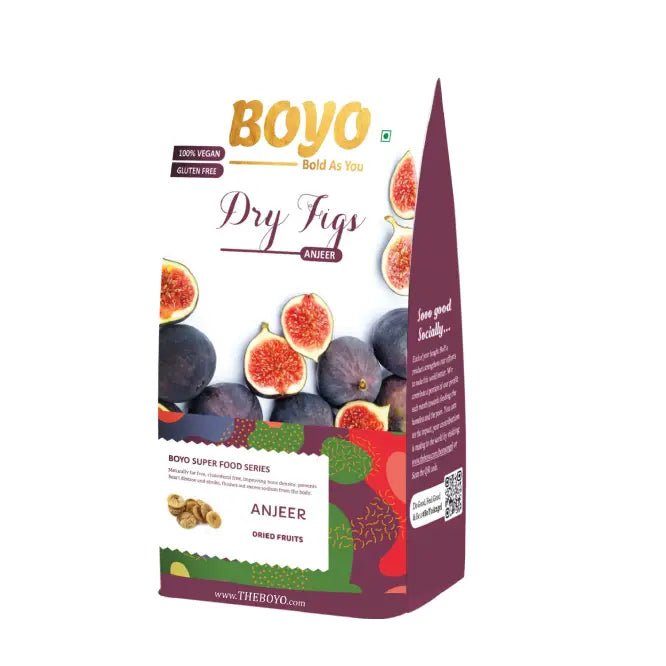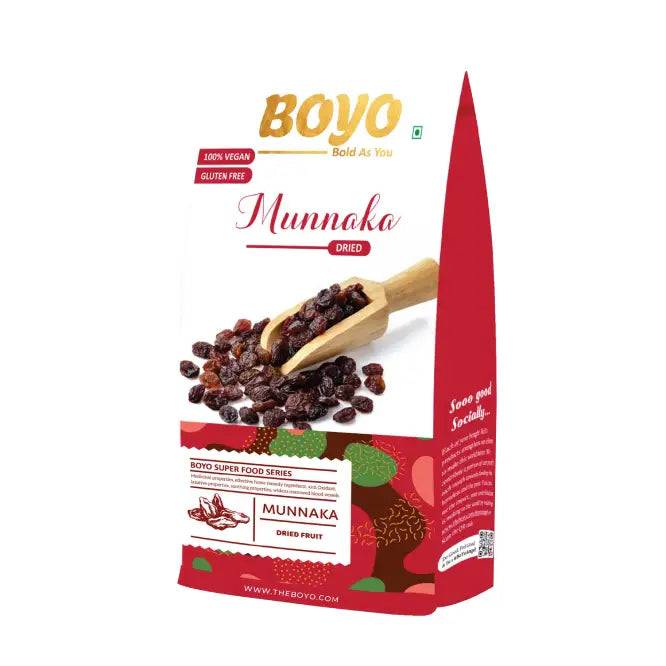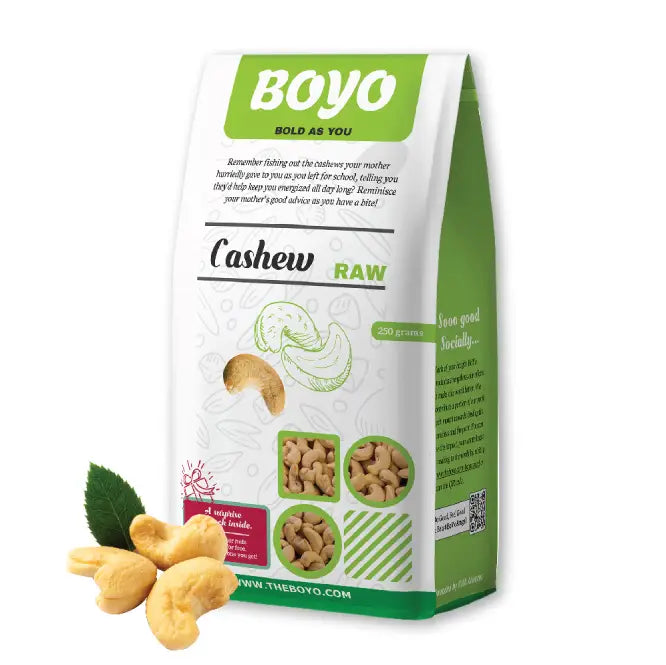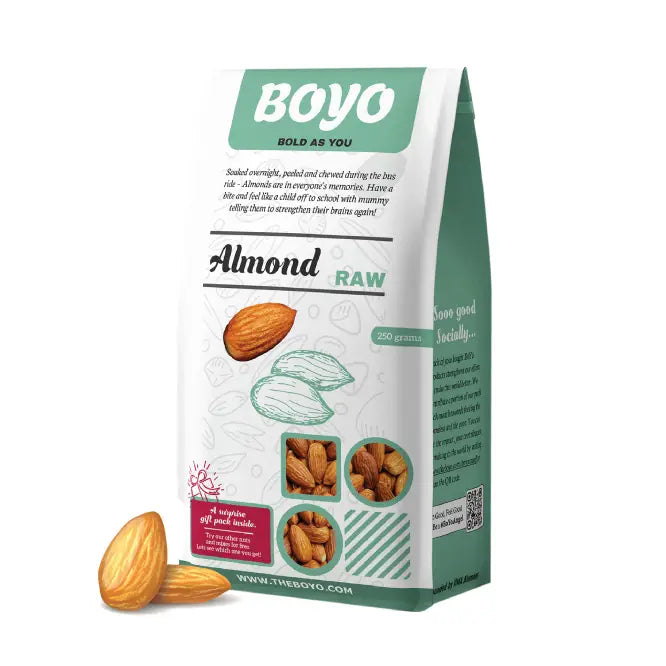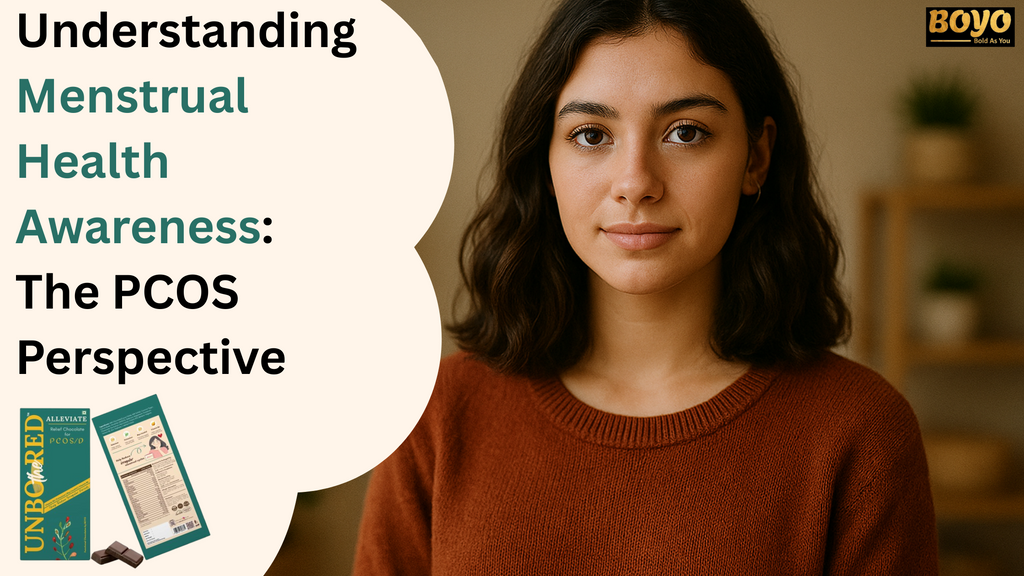
Understanding Menstrual Health Awareness: The PCOS Perspective

In recent years, menstrual health awareness has gained much-needed attention, breaking stigmas and encouraging open conversations around periods, hormonal imbalances, and reproductive health. One of the most common yet misunderstood menstrual disorders is Polycystic Ovary Syndrome (PCOS)—a condition that affects 1 in 10 women of reproductive age worldwide. Despite its prevalence, PCOS remains underdiagnosed and often poorly managed due to a lack of awareness, education, and support.
This blog aims to shed light on PCOS through the lens of menstrual health awareness and highlight how simple, supportive lifestyle choices—including mindful nutrition and innovative products like UNBOtheRED Chocolate—can positively impact hormonal health.
What Is PCOS And How Does It Affect Menstrual Health?
Polycystic Ovary Syndrome is a hormonal disorder characterized by irregular menstrual cycles, elevated levels of androgens (male hormones), and the presence of cysts in the ovaries.
-
Irregular or missed periods
-
Excess facial or body hair (hirsutism)
-
Weight gain or difficulty losing weight
-
Acne and oily skin
-
Mood swings and depression
-
Infertility
Many women with PCOS experience chronic inflammation, insulin resistance, and metabolic issues—all of which can complicate menstruation and overall well-being.
Why Menstrual Health Awareness Matters
It involves understanding how menstrual cycles work, recognizing signs of underlying conditions like PCOS, and empowering individuals to seek timely medical care.
Unfortunately, many women are told that irregular periods are "normal" during puberty or stress. This narrative can delay diagnosis and intervention for PCOS. Educating young girls and women about what constitutes a healthy menstrual cycle is a crucial step in identifying and managing conditions like PCOS early on.
Key Goals Of Menstrual Health Awareness:
-
Normalize conversations about periods
-
Encourage early diagnosis of menstrual disorders
-
Promote holistic well-being during the menstrual cycle
-
Support mental and emotional health related to hormonal changes
Nutrition And Lifestyle: Natural Tools For PCOS Management
There is no cure for PCOS, but a holistic approach involving dietary changes, physical activity, and stress management can significantly reduce symptoms and regulate cycles.
Foods That Help:
Reducing sugar and processed carbs is especially important for women with insulin resistance, which is common in PCOS.
But managing PCOS doesn’t have to mean giving up every indulgence.
Introducing UNBOtheRED Chocolate: A Feel-Good Solution
Cravings, especially for sweets, are a real part of the menstrual experience. Enter UNBOtheRED Chocolate—a revolutionary chocolate product designed with menstrual health in mind. Unlike conventional chocolate bars high in refined sugar and additives, UNBOtheRED is formulated to support hormonal harmony and satisfy cravings without compromising your health.
Why UNBOtheRED Chocolate Stands Out:
-
Hormone-friendly ingredients: Infused with adaptogens, minerals like magnesium, and low-GI sweeteners that support hormonal balance
-
Period-positive messaging: Created with the goal of aligning food with the menstrual experience
-
Mindful indulgence: Gives women with PCOS a way to enjoy chocolate without triggering insulin spikes or inflammation
For those managing PCOS, UNBOtheRED Chocolate offers a thoughtful treat that aligns with your body’s needs—especially during those challenging days of the cycle.
The Emotional Side Of PCOS
Increased levels of cortisol, mood swings, anxiety, and depression are common in those with PCOS. Menstrual health awareness also means addressing the emotional toll of hormonal disorders.
When women feel validated, supported, and equipped with tools—like period-friendly nutrition, community resources, and simple pleasures such as UNBOtheRED Chocolate—they’re more likely to take proactive steps in managing their health.
Empowering Women Through Knowledge And Support
Breaking taboos around periods and hormonal health is essential for building a future where women feel confident navigating their cycles. Whether it's a teen confused by irregular periods or a woman facing fertility struggles due to PCOS, education is the starting point.
Here’s how you can contribute to menstrual health awareness:
-
Talk openly about your experience
-
Support brands and communities that promote period positivity
-
Choose products that are designed with hormonal health in mind
-
Educate others—because informed women make empowered choices
Final Thoughts
Understanding PCOS through the lens of menstrual health awareness can change lives. It shifts the focus from silent suffering to empowered action. Through nutrition, lifestyle changes, and small joys—like savoring a square of UNBOtheRED Chocolate By Boyo—we can transform the way women experience their cycles.
Let’s continue to advocate, educate, and support each other on the journey toward healthier hormones and happier periods.
FAQs
1. What is PCOS and how does it affect menstrual health?
Polycystic Ovary Syndrome (PCOS) is a hormonal disorder that causes irregular periods, cysts in the ovaries, and elevated androgen levels, disrupting normal menstrual cycles and fertility.
2. Why is menstrual health awareness important for managing PCOS?
Menstrual health awareness helps women identify abnormal symptoms early, seek timely medical advice, and adopt lifestyle changes that support hormonal balance.
3. Can diet help manage PCOS symptoms?
Yes. A balanced diet rich in fiber, lean protein, and healthy fats—along with reduced sugar intake—can help manage insulin resistance and reduce PCOS symptoms.
4. What is UNBOtheRED Chocolate and how is it good for PCOS?
UNBOtheRED Chocolate is a hormone-friendly treat made with low-GI sweeteners and mood-supportive ingredients. It’s designed to reduce cravings and support menstrual health, making it a smart indulgence for women with PCOS.
5. Are mood swings and depression common with PCOS?
Yes. Hormonal imbalances in PCOS often lead to increased cortisol, anxiety, and mood swings. Addressing both physical and emotional health is key to managing the condition.




